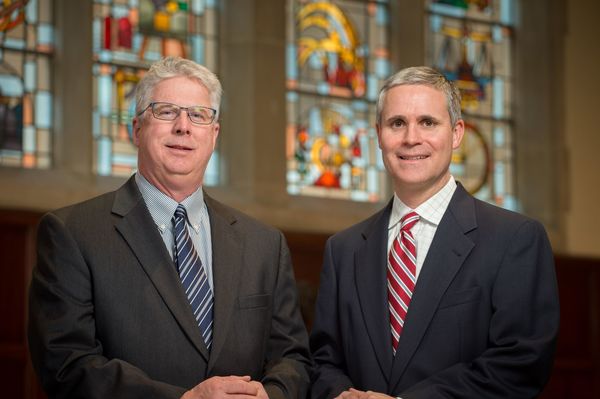
This year began like any other. The LEO team was looking forward to new growth, partnerships, and opportunities to build evidence in the fight against poverty. We were in the early stages of designing and testing a new project development process—which we hoped would position us to partner with more organizations and broaden our impact—and we also launched a number of exciting research projects alongside our exceptional provider partners.
But in March, everything changed.
Our world hasn’t experienced anything like COVID-19 in recent history. In our direct memory and experience, these times are truly unprecedented. And in unprecedented times, there’s a lot to learn. We’re learning to work from home, care for friends and family from a distance, and rally as a community behind serious issues of health and equity that are only exacerbated by existing social, economic, and racial inequalities. Here at LEO, and especially in the anti-poverty field, we’re learning there’s a lot we don’t know.
Today, we’re encountering a new set of questions, and a new sense of urgency to find answers. For our provider partners, there’s a tremendous need to build robust knowledge and a deeper understanding of what works and what doesn’t to lift our brothers and sisters out of poverty. They are finding that the demand for their programs drastically exceeds the resources they have available. Facing surges in demand, they’re unsure about how best to use the limited resources they do have.
There are a number of research questions that, in light of recent events, have become more pressing than ever. For example, many social service providers have been tasked with distributing emergency financial assistance to address the immediate needs of those adversely affected by the pandemic. These providers are doing their best to ensure that this assistance meets the critical needs of vulnerable individuals and families in their communities. But they face considerable uncertainty about how to proceed: Who should be eligible for this assistance? How much assistance should be provided? Should we give out assistance in installments, or all at once? Should we require recipients to also participate in case management?
These providers need answers. And they need them now.
The questions don’t stop at emergency financial assistance. The pandemic has led to a rise in hardships, including more families struggling to pay rent. How can we help them most effectively? What is the best way to prevent evictions? Regarding health, what kinds of factors are driving mortality? The COVID-19 pandemic has presented us with many new, unanswered questions. At LEO, we have a lot of work on our hands.
But we’re well-equipped to start answering tough questions. To encourage more research, many agencies are releasing data faster than ever, which means that we as researchers can start answering these questions in near-real time. And because policymakers are having to make decisions quickly, it’s important we disseminate our evidence and learnings as fast as we can.
LEO’s past partnerships make this possible. Before LEO, providers weren’t in a position to measure the effectiveness of their programs because they lacked established relationships with researchers. But today, with existing, solid partnerships, we can rapidly respond to new, urgent questions. Take Catholic Charities Chicago as an example. We’ve worked with them on a number of different projects—they understand what our partnership means, how it works, and how important it can be. Together, we can swiftly move a new project to completion.
We are also finding many new opportunities to partner with innovative providers. For example, we are launching a new project with Practice Makes Perfect, an organization that addresses the summer learning loss, or “summer slide,” of low-income grade-school children in New York City. Many worry that the early end to the last spring semester, coupled with uncertainty about how schooling will work this academic year, will leave low-income children even further behind. Practice Makes Perfect aims to address these concerns, but they face many new questions. How does being out of school for so long impact kids? How will it impact their families? Does it make socioeconomic gaps worse? What can be done to address learning loss and bolster the academic success of students? Like Catholic Charities Chicago, the Practice Makes Perfect team had already launched a pilot project with LEO. They knew our researchers, they understood our partnership, and we were able to get to work.
Yes, COVID-19 has disrupted many aspects of our lives. But it hasn’t changed the need for quality, effective solutions to poverty. If anything is certain, we know our partners are rising to the challenge. Uplifting Parents, a LEO partner, recently enrolled a new cohort of participants in the midst of the pandemic. They argued that the parents they serve need more help now than ever before—they couldn’t justify delaying their entrance into the program. And while the challenges of the pandemic have shelved some projects and programs, new ones continue to emerge.
Following the suit of our partners, we at LEO will continue to seek answers to the new and important questions that arise out of these challenging times. Like our partners, we’ll do so with a renewed sense of determination and purpose. We hope you’ll join us.